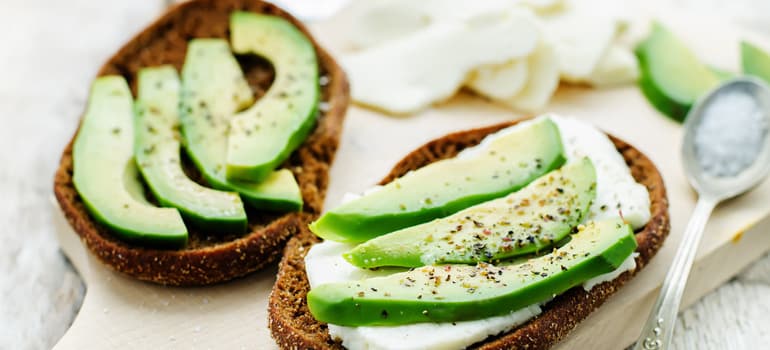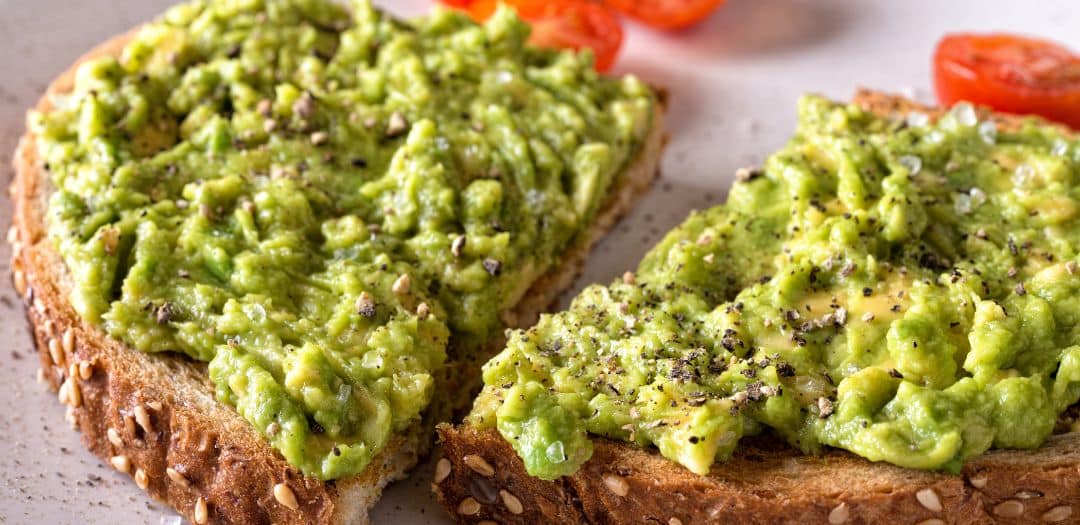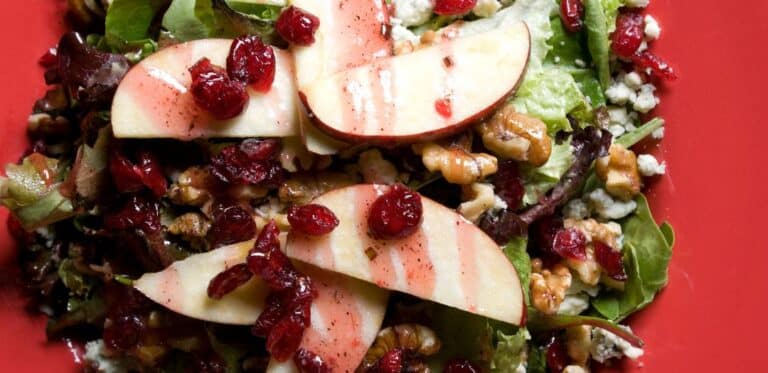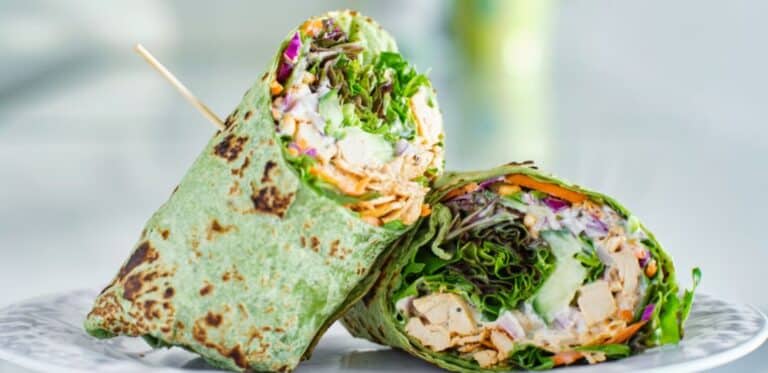How Do Healthy Fats Help You Lose Weight?
The word ‘fat’ comes with a whole lot of negative connotations, but it’s crucial to remember that healthy fats are essential to help you lose weight.
Although it was often thought that a low-fat diet would help us lose or maintain a healthy weight, the truth is that we need fats to function correctly.
The key is knowing which fats you should eat and which you should avoid for the best weight loss results.
Fat vs. Oil: What’s the difference?
Before we get into the difference between good and bad fats, let’s first clear up a significant difference: fat vs. oil.
While “fat” refers to all types of fat (liquid and solid, good and bad), “oil” more specifically refers to a form of fat that remains liquid at room temperature. Therefore, while all oils are fats, not all fats are oils.
The Fats You Should Avoid
These ‘bad’ fats spell trouble for your health and your waistline. Do your best to minimize their presence in your daily diet.
Trans Fats
Let’s start with the worst type of fat: trans fats.
Your best bet is to avoid trans fat completely as it raises cholesterol levels, increasing the risk of heart disease, stroke, and weight gain.
Foods that contain trans fats include cookies, pastries, candy, fried foods, chips, store-bought pizza, and generally most unhealthy processed foods.
You should also be wary of food labels that state that the food is ‘trans-fat-free.’ Since 2006, the FDA has required food manufacturers to list reportable amounts of trans fat on the Nutrition Facts label.
But here’s the thing – food manufacturers don’t have to report the trans-fat content if it’s less than 0.5 grams per serving. So, to know if the product contains trans fats, you should check the ingredients list for the terms ‘hydrogenated’ or ‘partially hydrogenated vegetable oils.
These ingredients indicate the presence of trans fats, even if the nutrition facts label misleadingly reports that the product contains 0 grams of trans fats.
Thankfully, as of June 2018, more than 98% of trans fats had been eliminated from the US food supply.
This impressive decrease is due to a 2015 FDA ruling that deemed trans fats unsafe and gave major food companies until June of this year to eliminate hydrogenated oils from their products.
You should still check the label for this troublesome component, but chances are now much lower that you’ll come across it in your favorite food!
Saturated Fats
Another type of fat that can prove harmful to your health and weight loss efforts is saturated fat.
Saturated fats elevate cholesterol levels, increase heart disease and stroke risk, and cause weight gain. However, this type of fat is not as harmful as trans fats and can be eaten in moderation.
Saturated fats are found in red meat, cream, Greek yogurt, cheese, butter, and chicken skin.
While experts have recently claimed that saturated fats may not be as harmful to your health as initially thought, it is still best to keep these types of foods to a minimum.
Friendly Fats: List of healthy fats for weight loss
Forget any ideas that all fats make you fat – your body needs these healthy fats to function properly:
- Polyunsaturated fatty acids (PUFAs)
- Monounsaturated fatty acids (MUFAs)
But, how do healthy fats help you lose weight? Here’s a little more about each of the good fats that are considered healthy fats for weight loss!
Polyunsaturated Fatty Acids (PUFAs)

Polyunsaturated fatty acids contain essential omega-3 and 6 fatty acids, which are both very crucial to our overall health and weight loss.
We are recommended to eat healthy omega-3 fats every day, as we often get omega-6 fats but can lack omega-3s.
To check if a food contains PUFAs, it’s helpful to know that omega-3 fatty acid is also known as alpha-linolenic acid (ALA), and omega-6 fatty acid is also known as linoleic acid (LA).
Polyunsaturated fats are known to improve heart health and actually help to reduce cholesterol. In addition, these fats are especially essential when losing weight as they help to improve your mood.
They also reduce digestive inflammation, create less bloating, and a flatter stomach! Sources of polyunsaturated fatty acids include green leafy vegetables, flax seeds, hemp oil, walnuts, Brazil nuts, fish, olive oil, and avocados.
While healthy, friendly fats are undoubtedly beneficial for health, many of these foods also contain many calories. Therefore, it is best to eat them in moderation. Otherwise, weight loss will be difficult.
Stick to no more than half or a quarter of an avocado a day, a handful of mixed nuts as a snack, and a drizzle of olive oil on your salad or for cooking, but plenty of green leafy vegetables, of course!
You can also find foods such as pasta and eggs which have been fortified with omega 3 healthy fats, and while these can help you to top up your levels, it’s always best to get omega 3s from natural sources rather than from fortified foods.
Monounsaturated Fatty Acids (MUFAs)
Monounsaturated fatty acids are very similar to polyunsaturated fatty acids because they both have similar benefits and come from many of the same foods.
The healthy fats found in monounsaturated oils, like olive, sesame, and peanut oil, are all great for cooking at low temperatures and keep your cooked food healthier than with other oils.
The American Diabetes Association has also recognized this type of healthy fat to decrease body fat if consumed in moderation.
Now you don’t need to be so scared of certain foods’ fat content while trying to lose weight, as it’s clear that incorporating healthy fats into your diet is essential to provide you with good health and add weight loss benefits too.
However, if you feel that you need some extra help losing weight, adding PhenQ to your daily routine is another great way to boost your results.
PhenQ helps suppress appetite and boost energy, so you will be able to beat hunger for longer and use this added energy to get active!
Do you make sure to include healthy fats in your diet? Let us know by commenting below!






